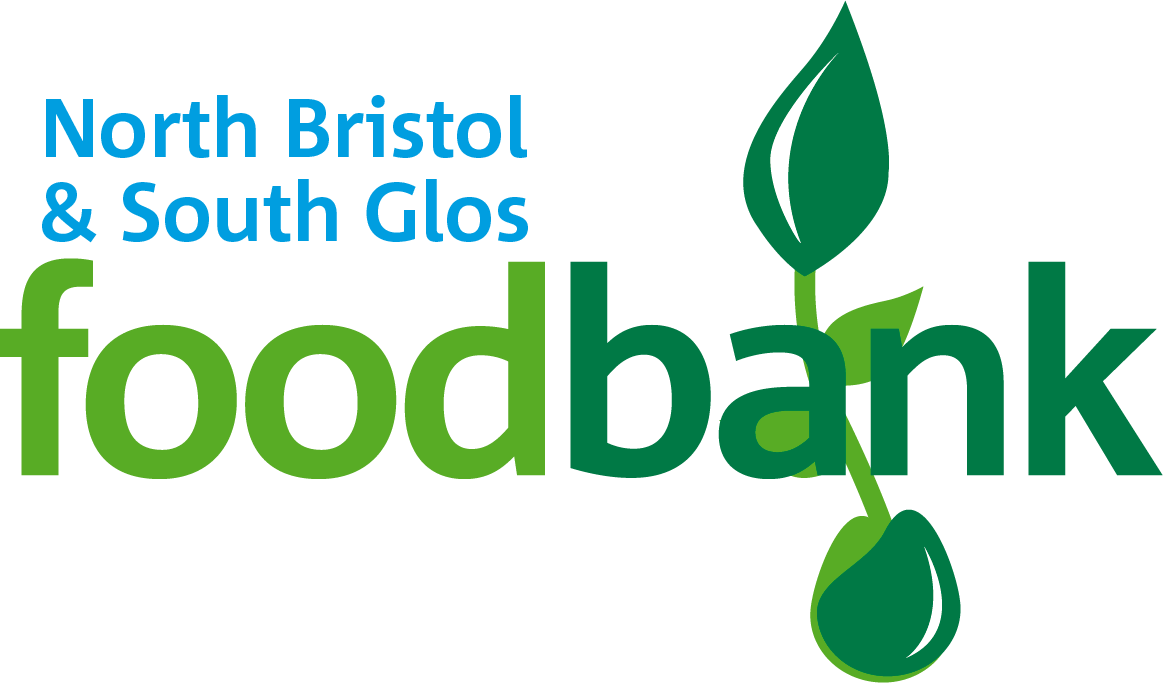About
How foodbanks work
Providing emergency food to people in crisis.
Every day people in the UK go hungry for reasons ranging from redundancy to receiving an unexpected bill on a low income. A simple box of food makes a big difference, with foodbanks helping prevent crime, housing loss, family breakdown and mental health problems.
Food is donated
Schools, churches, businesses and individuals donate non-perishable, in-date food to a foodbank. Large collections often take place as part of Harvest Festival celebrations and food is also collected at supermarkets.
Food is sorted and stored
Volunteers sort food to check that it’s in date and pack it into boxes ready to be given to people in need. Over 40,000 people give up their time to volunteer at foodbanks.
Professionals identify people in need
Foodbanks partner with a wide range of care professionals such as doctors, health visitors, social workers and police to identify people in crisis and issue them with a foodbank voucher.
Clients receive food
Foodbank clients bring their voucher to a foodbank centre where it can be redeemed for three days’ emergency food. Volunteers meet clients over a warm drink or free hot meal and are able to signpost people to agencies able to solve the longer-term problem.
